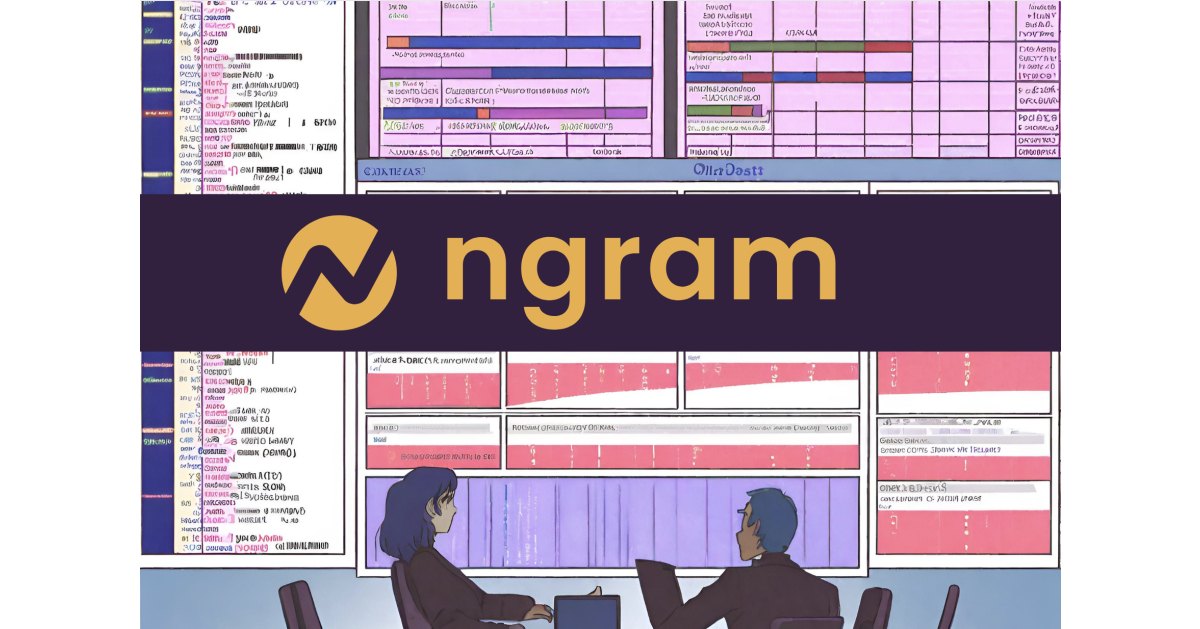The Impact of IoT on Society – A Look into the Future
[ad_1] The Impact of IoT on Society: A Look into the Future The Internet of Things (IoT) has slowly been transforming our lives, bringing about
[ad_1] The Impact of IoT on Society: A Look into the Future The Internet of Things (IoT) has slowly been transforming our lives, bringing about

India has announced a significant tax increase on online gaming companies, which has been met with strong opposition from the industry. The Goods and Services

Ryan Petersen, the founder of Flexport, has joined venture capital firm Founders Fund as a partner, according to Forbes. Founders Fund confirmed the move and

[ad_1] San Francisco, CA, March 22, 2024 –(PR.com)– Ngram, a pioneering generative AI company in the life sciences industry, today announced the release of its medchat-qa-descriptive

[ad_1] Los Angeles, CA, March 14, 2024 –(PR.com)– In response to the evolving demands of leadership in our rapidly changing world, Author Ms. Nicky Dare, a

[ad_1] Houston, TX, March 31, 2023 –(PR.com)– The customers need for a growth capital solution required the ability to finance cash payments for inventory being manufactured

[ad_1] Houston, TX, December 30, 2023 –(PR.com)– The customer, a global technologies and materials group, that facilitates nano materials into next generation of commercial technologies and